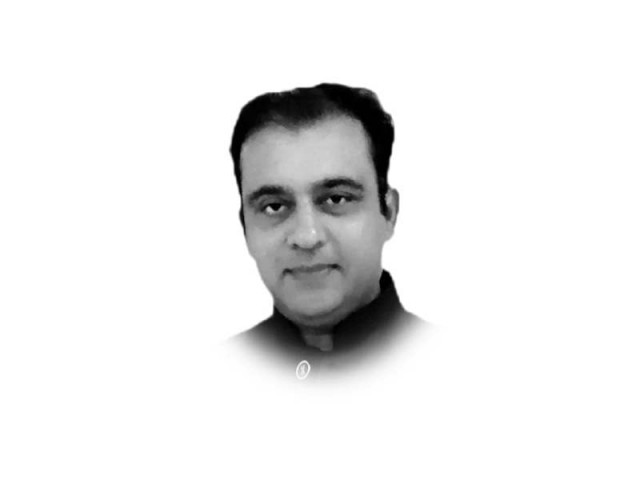SCO summit: Indian surprise
Move immediately raised questions as to why India avoided holding an in-person summit

India is the current president of the Shanghai Cooperation Organisation (SCO). The 8-nation regional forum comprises Russia, China, India, Pakistan and key central Asian states. The SCO has emerged as a potent regional bloc as other countries — Saudi Arabia, Iran and the UAE to name a few — are eager to be part of the forum. Both Pakistan and India were admitted to the security forum, dominated by Russia and China, only a few years ago. India as having the rotating presidency is hosting a series of meetings this year. In early May it hosted the Council of Foreign Ministers meeting in Goa. Foreign Minister Bilawal Bhutto Zardari, contrary to expectations, attended the meeting. This was the first visit by any Pakistani foreign minister to India since 2011. On July 4, India is set to host the summit meeting of SCO. As Pakistan was contemplating whether to attend the meeting in New Delhi, India sprang a surprise by announcing that it would hold the summit virtually.
The move immediately raised questions as to why India avoided holding an in-person summit. There was no official reason given. Virtually meetings had become a norm in Covid-19 pandemic era. However, during the last one year or so, such strict protocols are now done away with it. More and more meetings at the international level are taking place in person. The recent G-7 meeting in Japan was one example. Even the SCO Foreign Ministers’ meeting in Goa suggested that Covid-19 was not an issue. Therefore, it was intriguing why India decided to hold the summit virtually.
Officials in Pakistan said their initial sense was that India decided not to hold an in-person summit possibly because of lack of confirmation by Chinese President Xi Jinping and Russian President Vladimir Putin to attend the summit in New Delhi.
If both the Chinese and Russian Presidents decide to skip in-person attendance at the summit, that would be a diplomatic embarrassment for India, according to the official. This was probably the reason that led New Delhi to hold the summit virtually.
Another source said there could be a Pakistan factor too. Given what happened in Goa during the meeting of the Council of Foreign Ministers, India might have felt that if the Pakistani Prime Minister attended the summit in New Delhi, it would overshadow the proceedings of the SCO. There would have also been a lot of international headlines and spotlight on whether Pakistani and Indian leaders would meet on the sidelines of the summit. This was exactly what India wanted to avoid, the source said.
Nevertheless, sources said India’s border tension with China and Russia’s invasion of Ukraine might have also played a part. India seemed not interested in hosting Russian and Chinese leaders, the adversaries of the West and the US, at this juncture.
Indian media reports at a time when New Delhi is engaging intensively with the West in the hope of acquiring cutting-edge technology, the arrival of their adversaries in the Indian capital would have complicated the matter. Other reports, however, said since India would host these leaders in September on the occasion of the G20 summit, it would not make any difference if the SCO leaders meet via video link.
But observers feel that it appears as if India finds itself misfit in the SCO which is dominated by the US adversaries — China and Russia. The SCO policies may in future come in direct conflict with the US and other Western nations. While India has so far maintained a balance in ties with the West and Russia, the situation may not be that easy in the future. As tensions between the West and Russia and China deepen, there is a possibility that India will be under pressure to align itself more with the West. Hence, the Indian plans to not host the Russian and Chinese leaders in July make a lot of sense.
Published in The Express Tribune, June 5th, 2023.
Like Opinion & Editorial on Facebook, follow @ETOpEd on Twitter to receive all updates on all our daily pieces.















COMMENTS
Comments are moderated and generally will be posted if they are on-topic and not abusive.
For more information, please see our Comments FAQ